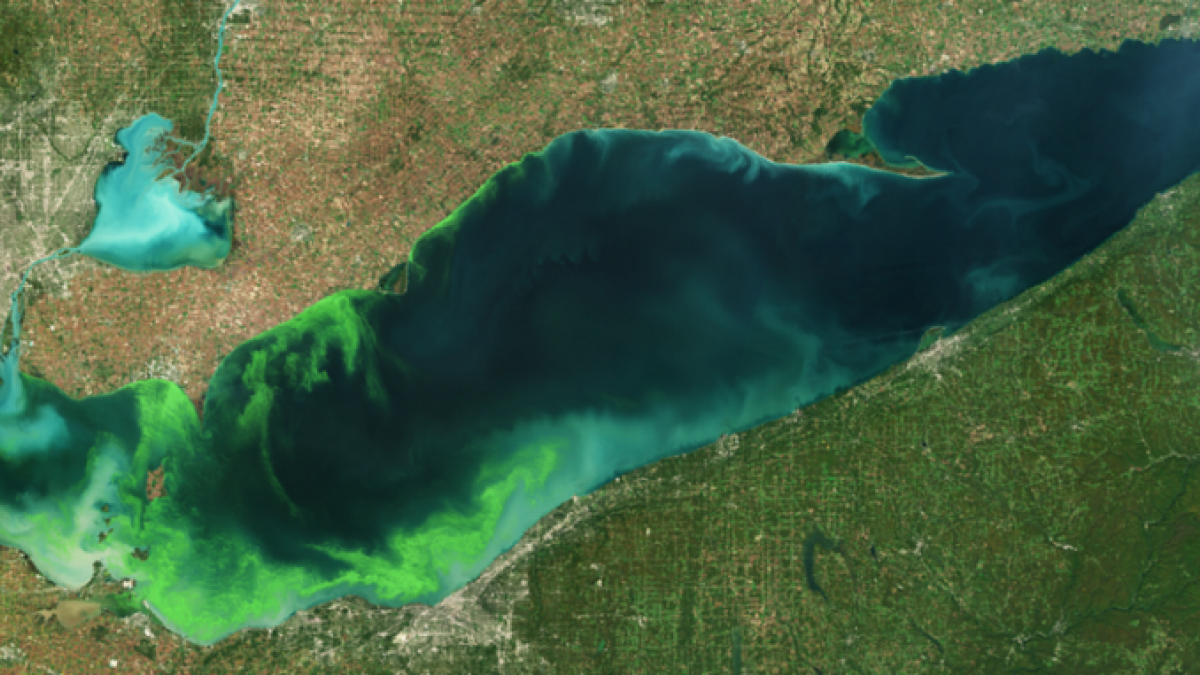Congresswoman Marcy Kaptur announced that $1.77 million in federal funding will go to advance four ongoing and one new research project on harmful algal blooms in the Great Lakes.
“Addressing the health, economic, and environmental impacts wrought by harmful algal blooms is essential for the long-term well-being of our Great Lakes region,” says Rep. Kaptur. “This mission requires an all of government, community-wide response commensurate with the size and scope of the challenge — and we are grateful to be able to deliver this federal funding for the benefit of our region.”
Funded by the National Oceanic and Atmospheric Administration (NOAA), the money will go to help advance efforts to better understand the causes and impacts of harmful algal blooms, and how to best monitor and respond to these events to control and mitigate them moving forward.
“Continued support of NOAA and NOAA-funded projects to address the human health impacts of harmful algal blooms is essential for our ability to translate research findings into real-world applications,” adds Dr. Jason Huntley, associate professor in the University of Toledo College of Medicine and Sciences. “We previously found that native freshwater bacteria from Lake Erie can destroy toxins produced during harmful algal blooms. It takes time and grant support to prove that this technology can be safely and cost effectively used for water filtration to protect human health.”
To learn more, visit kaptur.house.gov.



